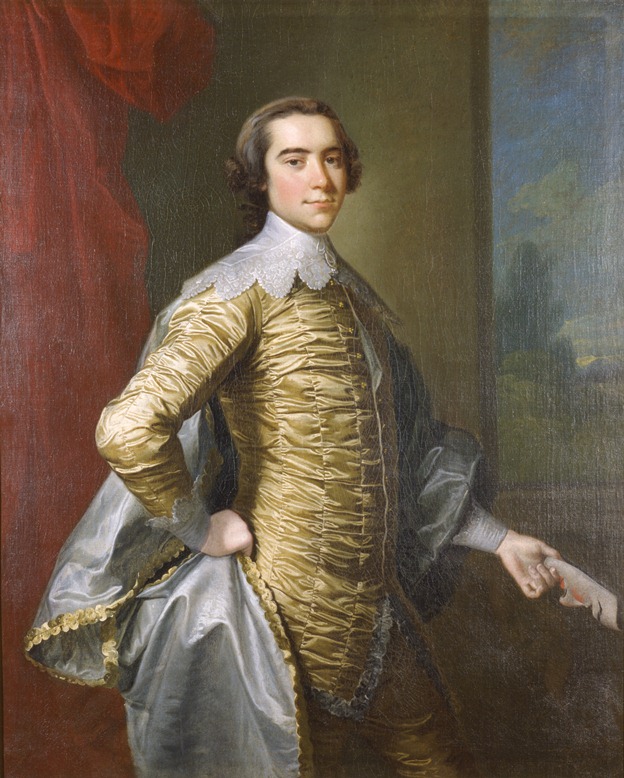|
EIGHT
THE FAMOUS MR. JEFFERSON
In Philadelphia "... Jefferson effortlessly entered the flow of things. ...He looked over Benjamin Franklin's proposal for 'Articles of confederation and perpetual union.'
" p85 He recorded the 'Financial and military Estimates for Continental
Defense.' " p85 "Samuel Ward of Rhode Island recorded seeing the 'famous Mr.
Jefferson.' " p85
John Dickerson,
author of the 1765-6
Letters from a Farmer in Pennsylvania which united the colonists
against the
Townshend Acts and Jefferson together wrote a
Declaration of the Causes and Necessity for taking Up Arms which the Congress adopted.
Adams and Jefferson were not alike. John was eight years
older, much shorter, and as much a New Englander
NINE
THE COURSE OF HUMAN EVENTS Jefferson's fifty-five year old mother
Jane Randolph Jefferson died on March 31, 1765. The disoriented
Jefferson added this to the burden of a revolution and building a new government. Turning away from her grave he suffered one
of his periodical migraine headache. These often " '...obliged him
to avoid reading, writing and almost thinking' " p99
He left
for Philadelphia on May 7 and in early June he joined
discussions on a motion by Virginia's Richard Henry Lee that the colonies absolve from
all allegiances to the British Crown.
Adams and Jefferson continued a two-year-old discussion of which of them
should draft a
declaration of independence and three points by Adams made the decision clear. " ' Reason
first, you are a Virginian and a Virginia ought to appear to be at the head
of this business. Reason second, I am obnoxious, suspected, and unpopular.
You are very much otherwise. Reason three, you can write ten times better
than I can.' " p103 |
as Tom was a Virginian but
they both had a father that loomed larger than the son. Both worked well
together until political difference during the Washington administration
caused an long estrangement.
Loyalist
cousin
John
Randolph was leaving America for England. Thomas asked John to end misunderstandings in England
which depicted that only a few elite Americas were discontent and that Americans were cowards and
would easily surrender to an armed force. He hoped for success by beginning and ending the
letter with a conciliatory approach worked as the
Jefferson's letter found it way to
William Legge, 2nd Earl of Dartmouth, the
British secretary of state for the colonies.
Not wanting to add new principals or arguments to the declaration, Jefferson wanted ' 'to place before the mankind the common sense of
the subject; in terms so plain and firm as to command their assent, and to
justify ourselves in the independent stand we ware compelled to take.' "
p103
Using
Enlightenment
vision of the sanctity and centrality of the individual, he argued that
self-government was part of the nature of things.
He was influenced by
John Locke,
Montesquieu, and
the philosophy of the
Scottish
Enlightenment. James Wilson's
Considerations on the Nature and of the Authority of the British
Parliament and George Mason's
Declaration of Rights which was written for the Virginia Constitution.
Franklin and Adams were also consulted.
The declaration was introduce on June 28. Editing by the convention
infuriated Jefferson and his liberal stance on the
denunciation of slavery and the reprobation the enslaving of the
inhabitants of Africa were also eliminated. Adopted
on July forth it was printed the next day and appeared on the front page of
the Philadelphia Evening Post on July 6. |

John Dickerson

William Legge

Great Scottish Thinkers
David
Hume and
Adam
Smith
on the
Scottish National Portrait Gallery |
|
 Thomas
Jefferson1The Art of Power
Thomas
Jefferson1The Art of Power

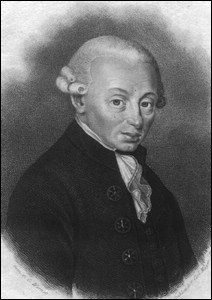





































 France of the 1780's was debt ridden partly because of
helping with the American Revolution. Wealth was concentrated in the hands
of the few as nobles and the clergy were mostly exempt from taxes. France
was an authoritarian state while the U.S. had littler central
government to solve problems. The
France of the 1780's was debt ridden partly because of
helping with the American Revolution. Wealth was concentrated in the hands
of the few as nobles and the clergy were mostly exempt from taxes. France
was an authoritarian state while the U.S. had littler central
government to solve problems. The




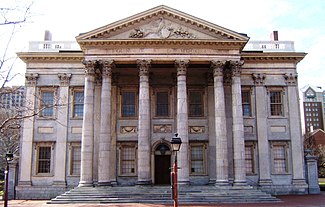



,_revêtu_du_grand_costume_royal_en_1779_-_Google_Art_Project.jpg/250px-Antoine-François_Callet_-_Louis_XVI,_roi_de_France_et_de_Navarre_(1754-1793),_revêtu_du_grand_costume_royal_en_1779_-_Google_Art_Project.jpg)





.jpg/220px-John_Jay_(Gilbert_Stuart_portrait).jpg)


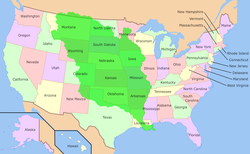

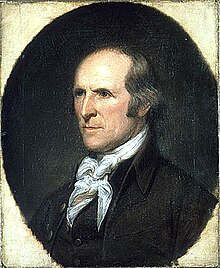



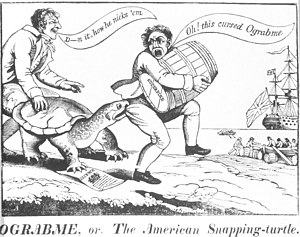





.jpg/525px-Signing_of_Treaty_of_Ghent_(1812).jpg)

